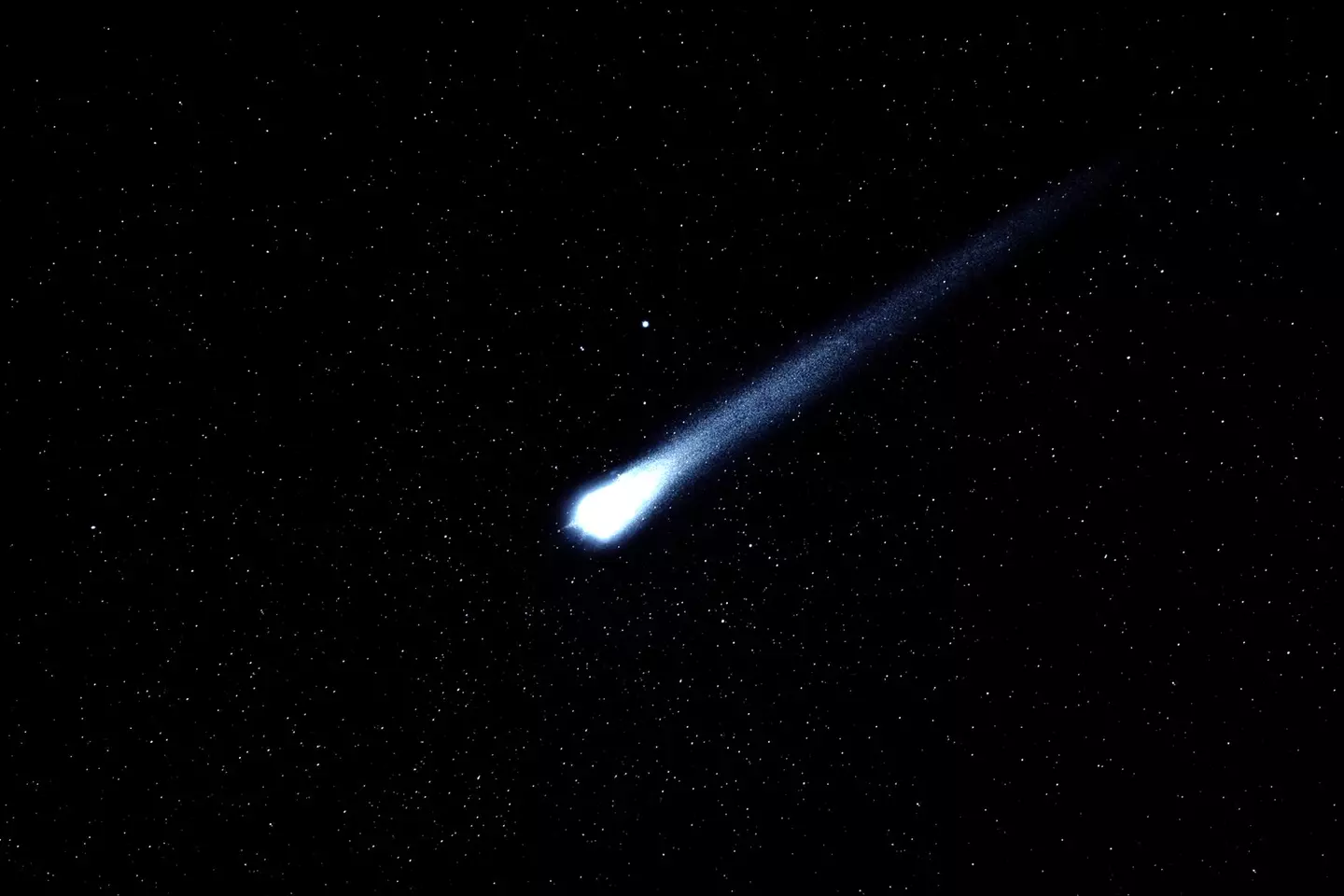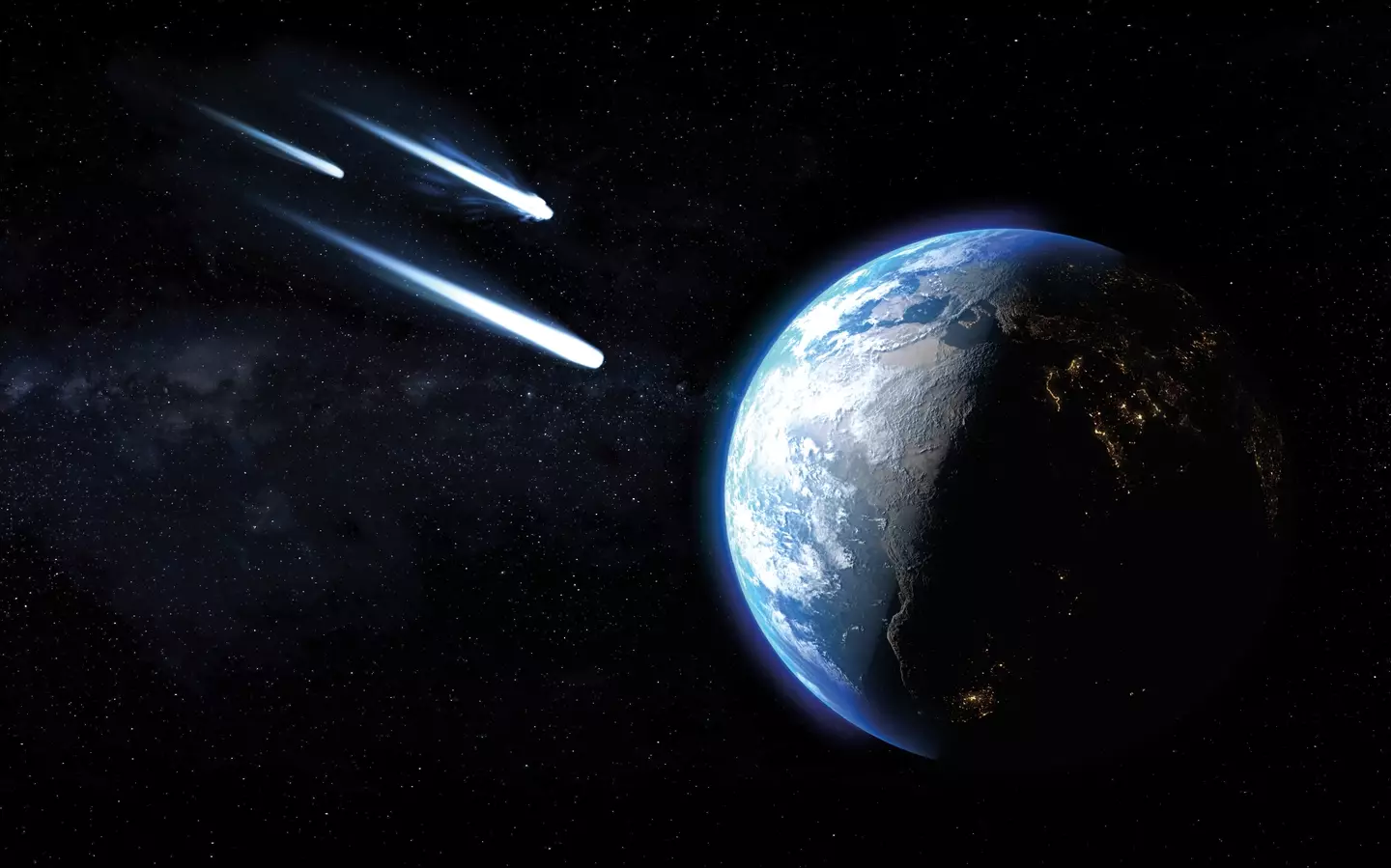The new study has been conducted by the folks at Harvard University
Scientists have discovered that life on Earth as we know it may have come from a giant meteorite that’s said to be four times the size of Mount Everest.
With how long experts have been looking into and researching all things to do with our planet, it comes as a bit of a surprise we continue to learn new things. But new things we do and a lot of the discoveries from scientists come out of the blue to some.
Experts have long claimed every individual who resides on Earth descends from the same single ancestor.
However, experts and theorists have long speculated how our planet even came to be in the first place, creating a grave-pit for the conspiracy theorists amongst us.

Well, a new study has provided some new information in this area, with experts from Harvard University claiming that an ancient meteorite hit Earth billions of years ago.
And this is believed to have been responsible for life on planet Earth.
The findings suggest the S2 meteorite, as it is known, hit what we know as South Africa some 3.26 billion years ago.
Nadja Drabon, a geologist and assistant professor in the Department of Earth and Planetary Sciences, has been the individual at the forefront of the project.
She worked on collecting and examining rock samples, which included looking into the sedimentology, geochemistry, and carbon isotope compositions they leave behind.
In a press release, Drabon said: “Picture yourself standing off the coast of Cape Cod, in a shelf of shallow water. It’s a low-energy environment, without strong currents. Then all of a sudden, you have a giant tsunami sweeping by and ripping up the sea floor.”
So, what did they find?

Well, experts discovered the meteorite – which is up to 200 times larger than the one that wiped out the dinosaurs – triggered a tsunami that mixed up the ocean and flushed debris into more coastal areas.
Heat from the impact of this caused the upper layer of the ocean to burn off, which also heated up the atmosphere in the process.
Drabon added: “We think of impact events as being disastrous for life. But what this study is highlighting is that these impacts would have had benefits to life, especially early on, and these impacts might have actually allowed life to flourish.”
And that is true, we often associate meteorite events with catastrophe, but this study proved it can be a ‘silver lining for life’.